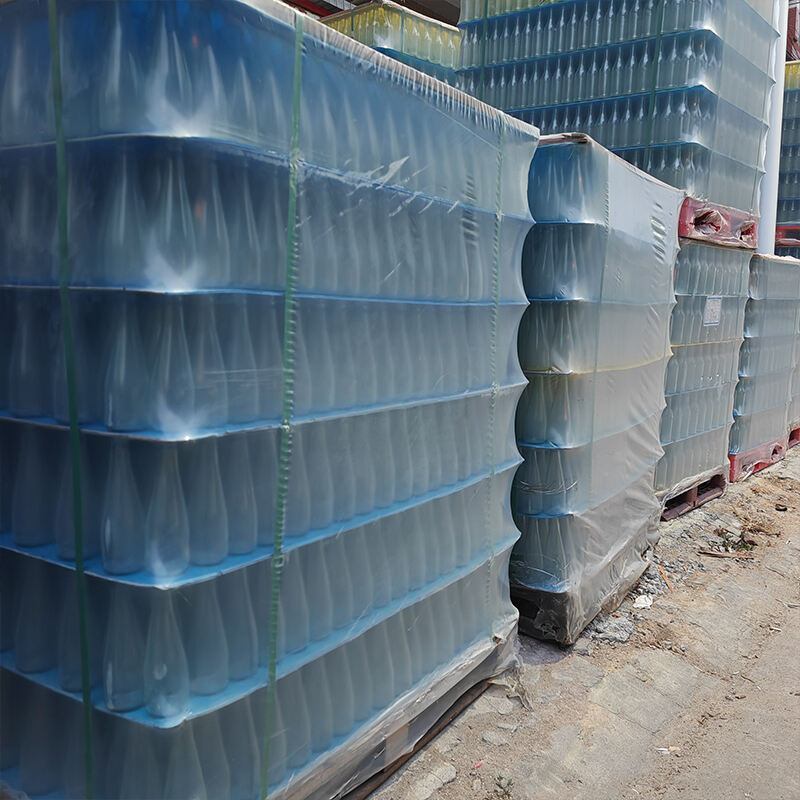plastic mulching in agriculture
Plastic mulching in agriculture represents a revolutionary farming technique that has transformed modern cultivation practices. This method involves covering soil with plastic films, creating a modified microclimate for optimal crop growth. The technology primarily functions by maintaining soil temperature, conserving moisture, and suppressing weed growth. The plastic films, typically made from polyethylene, come in various thicknesses and colors, each serving specific agricultural purposes. Black plastic mulch effectively controls weeds and warms the soil, while clear plastic creates a greenhouse effect, significantly raising soil temperature. The technology features advanced UV-resistant properties ensuring durability throughout growing seasons, and some variants include micro-perforations for proper water infiltration and gas exchange. In practical applications, plastic mulching proves particularly valuable in vegetable production, fruit cultivation, and commercial farming operations. It enables earlier planting in spring, extends growing seasons, and significantly increases crop yields. Modern installations often incorporate drip irrigation systems beneath the mulch, optimizing water usage and nutrient delivery. The technology has become especially crucial in regions with limited water resources or challenging growing conditions, demonstrating its versatility across different agricultural contexts.


